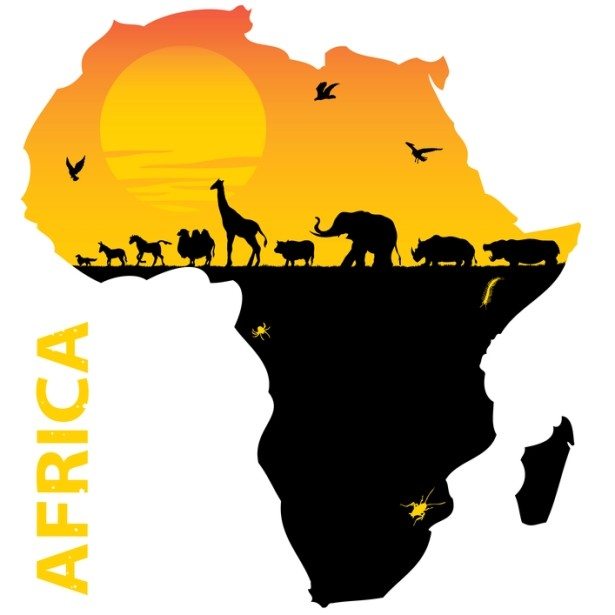I recently asked a business acquaintance how long it took to travel by road between DR Congo’s biggest cities, Kinshasa and Lubumbashi given their recent work there. There was a long sigh, a pained look, then a helpless shrug: “It could take a week or two.” DRC is Sub Saharan Africa’s largest country but this seemed remarkable. A Google Maps search tells you the 1,451 miles (2,335 kilometers) between both cities should take 36 hours, but as my contact noted, it’s not quite that straightforward given poor road networks and other challenges. A similar distance from New York to Oklahoma City, (2,373 km) would take 22 hours, says Google.
The DRC conversation came to mind while reading a report the from London School of Economics’ International Growth Centre. It argues that despite years of progressive international trade liberalization and tariff reductions across the continent, the impact has been limited due to the costs of moving goods internally, within African countries and between neighbours.
The first claim is that the high cost of moving goods from/to ports eats into the benefits of better trade terms. Research shows a one-day reduction in inland travel times could lead to a 7% increase in exports or the equivalent of a 1.5% reduction on importing country tariffs. Other research shows a 10% drop in transport costs could increase trade by 25%.
And as is likely the case of DRC, it is estimated that the cost of transporting goods could be up to five times higher (per unit distance), in some sub-Saharan African countries when compared to the US, as indicated by research from 2015. In Ethiopia for example, it is thought to be 3.5 times more while in Nigeria its said to be 5.3 times higher.
Some of the recent infrastructure partnerships and investments, such as those backed by China, give some hope that it will not always be this way. But the report’s authors caution that just building better road and rail networks has not been enough to win meaningful cost reductions. A plethora of challenges include the price of fuel, labor, equipment, unnecessary regulations, bureaucracy and cartels, among others.
Put another way, it’s great if my agribusiness can get its produce to ports in a day rather than a week because of improved transportation however, that is not much use if it still takes two weeks to get through customs and the other “officials” to get my goods out to international buyers.
So while it might be all rage to bash free trade in the age of Trump and, to some extent, Brexit, there’s is still much for African countries to gain from fully opening up. However to achieve that, to paraphrase the old aphorism, charity really must begin at home. To read more posts By Danstan, click HERE
Photo Credit: answersafrica.com


